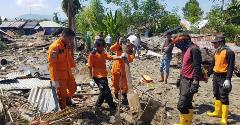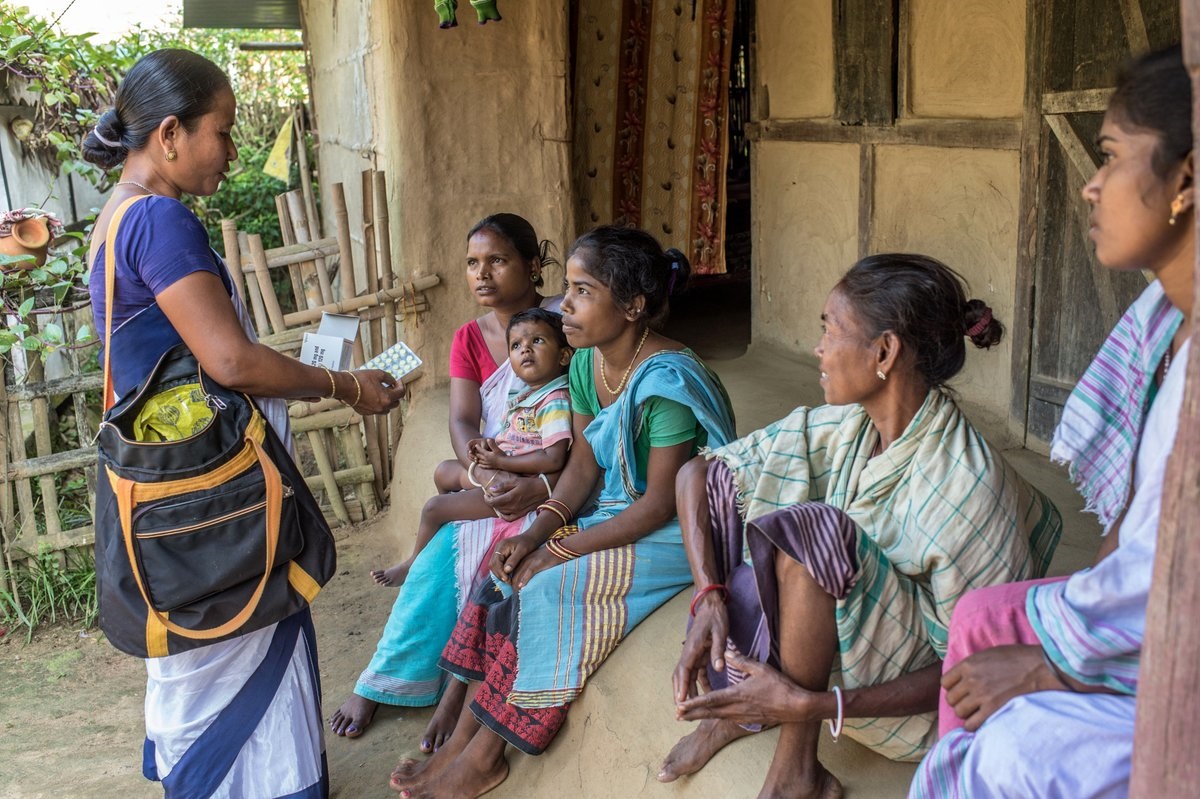
Sustaining maternal and neonatal tetanus elimination
SEARO / IVD
©
Credits
Overview
In the WHO South-East Asia Region, maternal and neonatal tetanus (MNT) is no longer a major public health problem. Following more than two decades of collective efforts, in May 2016 the Region was validated as having eliminated the deadly disease, will all districts across all 11 countries having reduced the cases to less than one per 1,000 live births. MNT elimination has involved three main strategies: immunization, clean deliveries and cord care practices, and disease surveillance.
“The achievement demonstrates the commitment of countries in the Region to improve maternal and child health, especially neonatal health. Persistent efforts and innovative approaches to enhance tetanus vaccination coverage of pregnant women and children, increase skilled birth attendance and promote clean cord practices made MNTE a reality.”
- Dr Poonam Khetrapal Singh, Regional Director, WHO South-East Asia
“The achievement demonstrates the commitment of countries in the Region to improve maternal and child health, especially neonatal health. Persistent efforts and innovative approaches to enhance tetanus vaccination coverage of pregnant women and children, increase skilled birth attendance and promote clean cord practices made MNTE a reality.”








